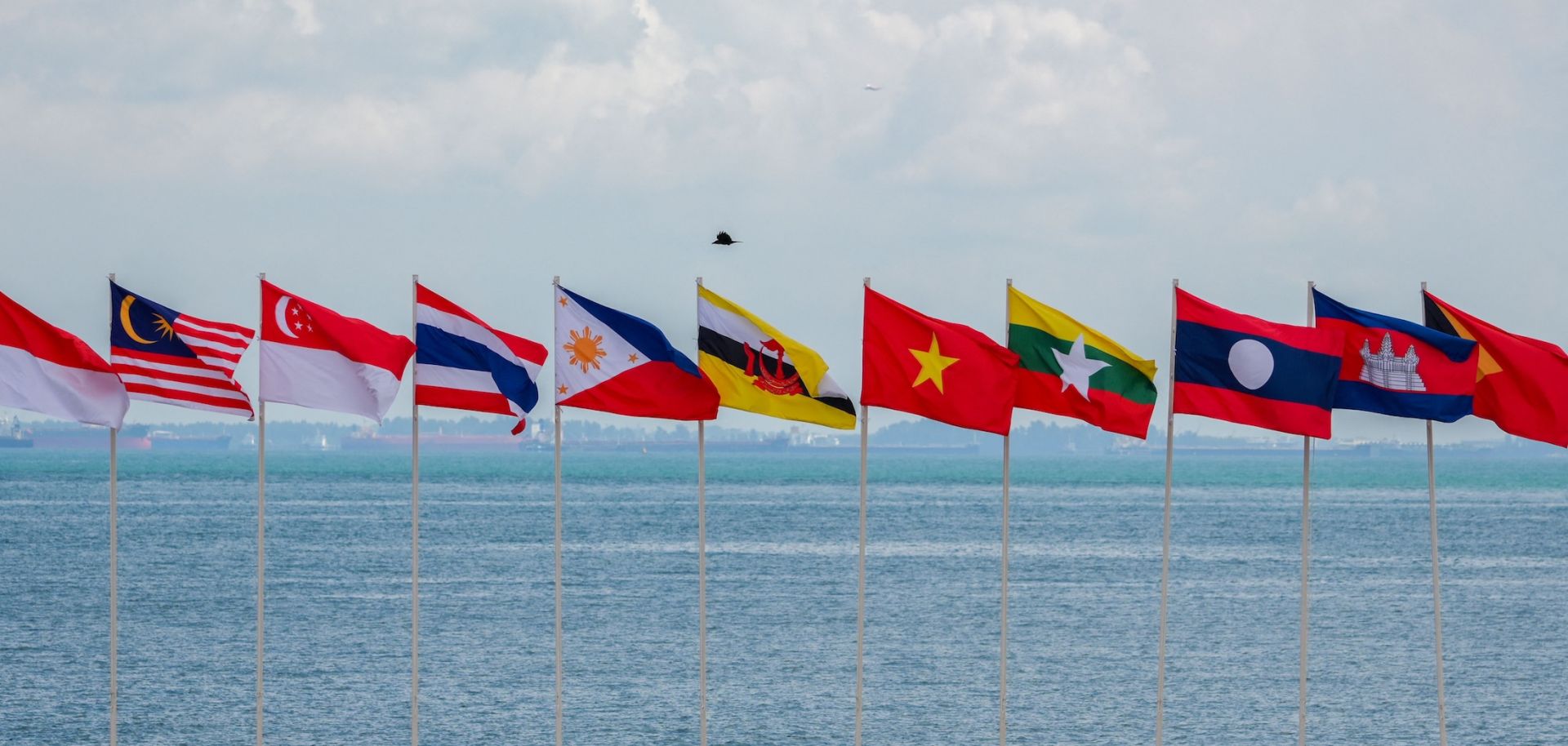ASEAN members' economic and geopolitical diversity will hinder any significant progress toward deeper economic integration, despite their stated intention to collaborate more closely amid an emerging multipolar world order. The Association of Southeast Asian Nations, or ASEAN, is an economic and political grouping of 10 Southeast Asian countries. ASEAN's members vary significantly in terms of demography, economic development and political regimes, ranging from democracies like the Philippines and Indonesia to military-controlled regimes in Myanmar, as well as from liberal, laissez-faire economies like Singapore to "non-market" economies like Vietnam. Geopolitically, some countries are semi-aligned with China, while others are treaty allies of the United States. Compared with the most successful example of economic and political integration, the European Union, the region is economically far more heterogeneous, less aligned regarding security interests and lacking important intra-regional leadership to drive integration. ...

